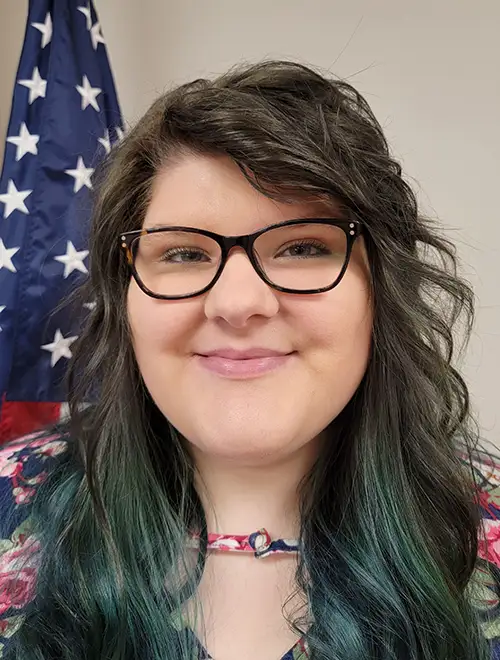
Alumna Spotlight
Why and when did you decide to major in classics?
Please tell us some of your favorite memories from your time at UM.
In the summer of 2018, I conducted fieldwork with Dr. Jacqueline DiBiasie-Sammons on the Ancient Graffiti Project – Herculaneum Graffiti Project in Ercolano, Italy. The experience was so far out of my comfort zone. Just a girl from the tiny town of Collins, Mississippi, every experience was new, scary, and exciting all at the same time. I was so far away from my family, my familiar surroundings (both physical and cultural), and I was THRIVING! I truly believe that experience led me to a deeper cultural understanding, was the jumpstart of my career in cross-cultural communication, and led to a ton of personal growth. Back at UM, I worked with Dr. DiBiasie on processing the data, inputting information into the Graffiti Database, and learning even more in the process (not to mention, Dr. DiBiasie became my unpaid therapist – you the real MVP).
My favorite on-campus memories include Taste of Classics, where I was far too much of a ball of anxiety to read Latin in front of everyone, but I did it anyway; Dr. Brad Cook’s focaccia, which deserves a mention of its own; and gathering with other classics students to cram for finals, wish we were skilled enough to make Dr. Cook’s focaccia, and anxiously compare answers to the tests we had just taken.
How would you summarize your educational/career path since your time at UM?
In 2022, I transitioned to working with the United States Army Corps of Engineers (USACE) Tribal Nations Technical Center (TNTCX) in the, now closed, Tuscaloosa, Alabama field office. I began my career with the TNTCX in an 18 month, temporary position as their Outreach Specialist. During the 18 months, I took as many opportunities to squeaky wheel myself into project work as I could, learning and adding to my “USACE for Dummies” notebook as I went. I mostly hosted meetings, took copious notes (special thanks to Dr. Aileen Ajootian for prepping my note-taking abilities), and conducted outreach to various Tribes, government employees, and conference attendees. During that time, I also was co-lead author on a DoD-wide Tribal Engagement Guidebook, which was written under the of the Office of the Secretary of Defense to outline best practices, training strategies, and Tribal consultation guidance to installations and federal employees on a DoD-wide scale.
After my 18 month stint, in the fall of 2023, I applied to be the TNTCX Anthropologist and accepted the position along with a move to Albuquerque, New Mexico. In this position, I am able to serve as a nationwide Tribal Liaison, facilitating Government-to-Government relationships between the 574 federally recognized Tribes and the US Government on a project-by-project basis. I am lucky to still have the opportunity to work on NAGPRA compliance, in addition to serving as Tribal Liaison on various projects including a Pentagon project under the Base Realignment and Closure (BRAC) team, facilitating Tribal consultation on cleanup of explosives and return of ancestral land to the Tribes, working with other members of the TNTCX team and Air National Guard Readiness Center to manage the (nationwide) Air National Guard’s Cultural Resources Program, and consulting with Tribes on federal actions like the installation of boat inspection stations to fight against the spread of Aquatic Invasive Species. Non-exhaustive, but I also work on emergency response, ecosystem restoration, cultural resource protection, environmental justice, socioeconomics, and Tribal land, water, and data sovereignty.
I plan to go back to school at some point in the near future for a Master’s in Indigenous People’s Law so that I can be a better advocate for the fulfillment of the US Government’s Federal Trust Responsibilities to Indian Tribes.
